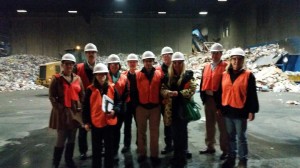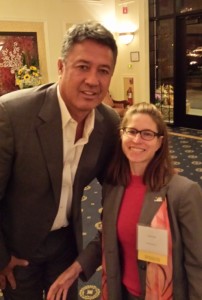It’s the 11th hour and many of us are hastily making last minute orders to get that perfect gift in time for Christmas. Still, be mindful of some key aspects of the process to make sure we don’t fall into Identity theft traps along the way.
First and foremost, check the authenticity of the web address or URL. Above the web site at the top of your screen is a rectangular window that contains the web site address (also called the URL or Uniform Resource Locator).
Cyber-thieves have created web sites that look convincingly like the web sites of well known companies. These sites will capture the credit card numbers of unwary shoppers when they attempt to purchase an item. The thieves then use the stolen credit card numbers to make fraudulent purchases in the shopper’s name. If these shoppers had checked the URL at the top of the screen, they could have noticed that it was not the same URL as the real company.
The following items shown on your web browser will indicate a connection to a secure web site.
- https:// The “s” that is displayed after “http” indicates that web site is secure. Often, you do not see the “s” until you actually move to the order page on the web site.
- A closed yellow padlock displayed at the bottom of your screen or next to your URL box. If that lock is open, you should assume it is not a secure site.
It’s also a good idea to research the vendor or website. Do business with companies you already know. If the company is unfamiliar, investigate their authenticity and credibility. Conduct an internet search (i.e. Google, Yahoo) for the company name. The results should usually provide both positive and negative comments about the company. If there are no results, be extremely wary. Reliable companies should advertise their business address and at least one phone number, either customer service or an order line. Call the phone number and ask questions to determine if the business is legitimate. Ask how the merchant handles returned merchandise and complaints. Find out if it offers full refunds or only store credits.
Always advocates of “buy local”, when you shop on a website of a business that has locations within the U.S. These stores must follow specific state and federal consumer laws. You might not get the same protection if you place an order with a company located in another country.
Wishing all a very happy holiday season safe from identity theft and full of friends and family!
For more on identity theft protection, please visit www.hvshred.com


